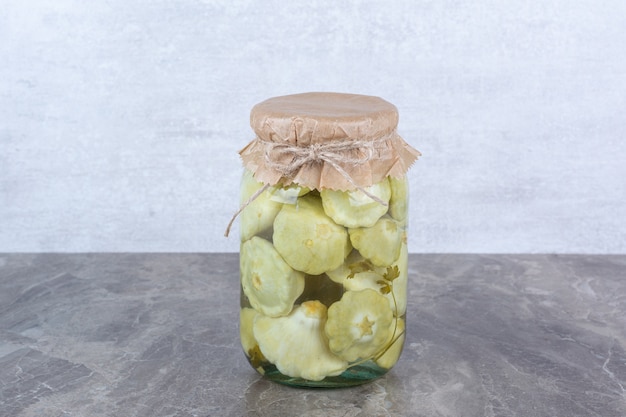
Fermented foods like sauerkraut, kimchi, and kefir are everywhere these days, but do they really benefit your health? Thirteen years ago, Donna Schwenk, at 41 and expecting her third child, faced serious health challenges when she developed preeclampsia. This condition caused liver issues, and her baby, Holli, was delivered prematurely. Post-delivery, Schwenk struggled with diabetes, high blood pressure, and extreme fatigue, making it difficult to care for her newborn. Determined to find a solution, she began exploring health remedies.
In a health food store, Schwenk discovered “The Body Ecology Diet” by Donna Gates. Intrigued by kefir, a fermented milk drink rich in beneficial bacteria, she decided to try it. Encouraged by its content and a persuasive comment from a store assistant, she started adding a small amount of kefir to Holli’s bottles. Within a month, Holli’s weight improved significantly. Schwenk also began drinking kefir herself, and in just 12 weeks, her blood sugar and blood pressure normalized, leading to an overall sense of wellness she had not experienced in years.
Convinced of the transformative benefits of fermented foods, Schwenk later authored “Cultured Food for Life,” asserting that foods like kefir improve digestion, immunity, weight management, and even mood. Schwenk’s story aligns with emerging research highlighted in a PBS special exploring the health benefits of fermented foods. Even the New York Times predicts fermented foods as a future health trend.
Experts like Michael Pollan and nutritionist Kimberly Snyder also advocate for the health benefits of these foods, emphasizing their role in digestive health and overall vitality. Snyder, who advises celebrities, advocates for daily intake of fermented vegetables, suggesting they enhance energy, weight management, and skin health.
Research further emphasizes the gut’s role in health, with clinical nutritionist Kathie Swift underscoring how gut bacteria affect digestion, nutrient absorption, and even mood regulation. Studies have shown that gut bacteria play a pivotal role in immune function and mental health, with experiments demonstrating reduction in anxiety in mice due to changes in gut bacteria.
There are about 100 trillion bacteria in our guts, and maintaining a balance of good bacteria is crucial. This balance can be disrupted by factors like diet, stress, and medication. Nutritional therapist Daniel O’Shaughnessy warns that an imbalance can lead to various health problems, from food intolerances to skin disorders. Improving gut health often alleviates such issues.
While some might think supermarket probiotic drinks are the solution, O’Shaughnessy explains they often contain high sugar and transient bacteria that aren’t beneficial long-term. Instead, incorporating a variety of fermented foods ensures a diverse intake of beneficial bacteria.
A mix of fermented foods like kefir, sauerkraut, and kombucha can provide trillions of good bacteria which are essential for health. Even though taking probiotic supplements is an option, fermented foods offer a more natural approach. Additionally, fermentation has been part of traditional diets globally. Jill Ciciarelli highlights that fermenting foods not only preserves them but also enhances nutrient availability and aids digestion.
From Korean kimchi to German sauerkraut, fermented foods are integral to many cuisines. In Japan, known for high life expectancy, fermented foods are a dietary staple. However, it’s important to consume these foods in moderation. Starting with small amounts and gradually increasing intake is advisable to avoid digestive upset as the good bacteria establish themselves in the gut.
Ciciarelli recommends looking for fermented foods with live cultures and exploring the DIY route for making them. Fermented vegetables are easy to prepare, and while the trend is growing, the benefits of a variety of fermented foods in the diet are backed by tradition and modern research alike. Including prebiotic foods like onions and oats can further support gut health by promoting the growth of good bacteria.
Various fermented foods like kefir, miso, coconut yogurt, and kombucha are available, each offering unique health benefits. While fermenting foods is not new, their resurgence highlights their timeless value in health and wellness.